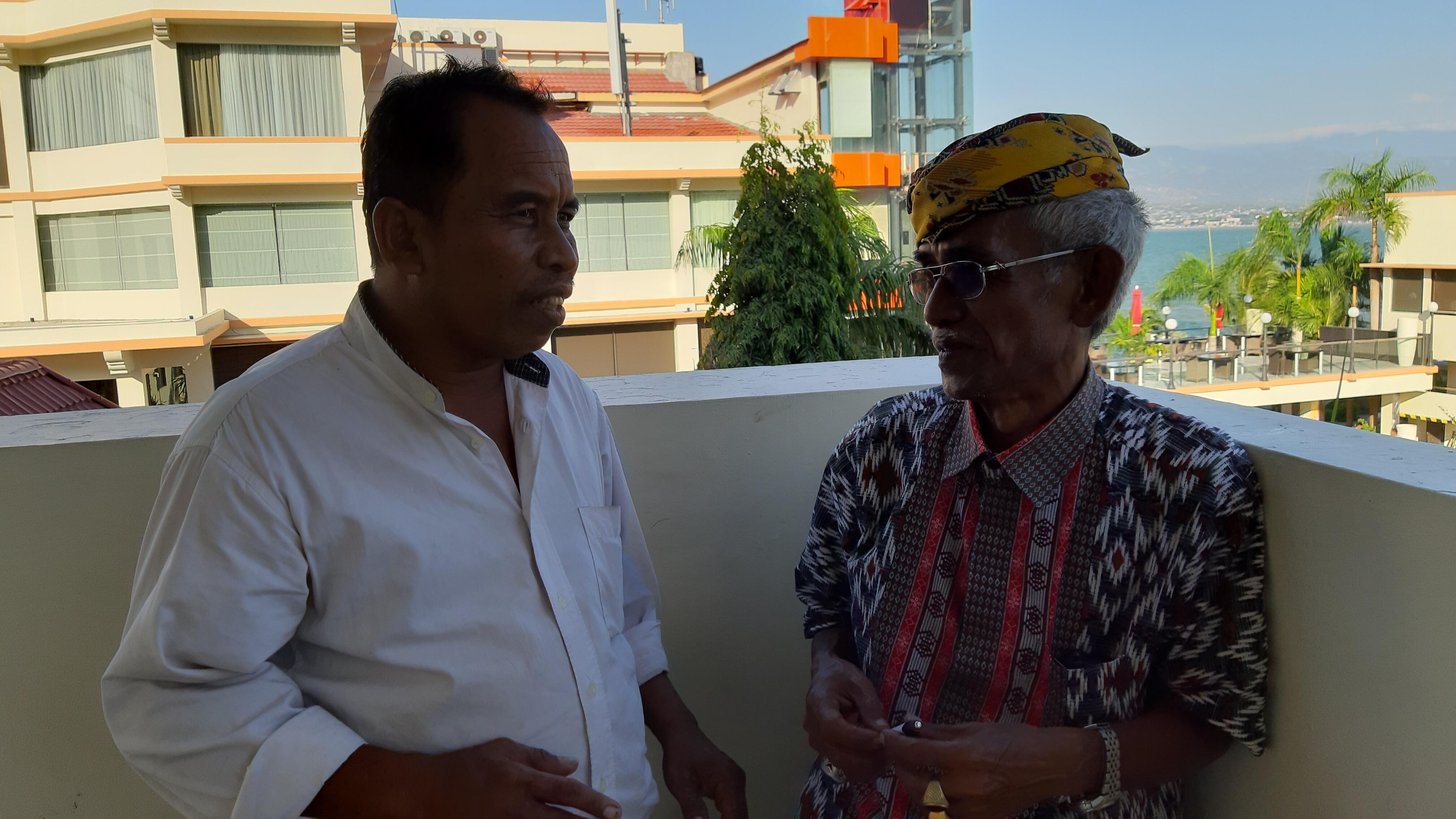PALU, Central Sulawesi, 9-11 September 2019: Multi faith leaders and (indigenous) community leaders acknowledge that gender-biased socio-cultural-belief norms behind GBV and child marriage hamper women and girls to fully enjoy their rights, health, wellbeing and to seize opportunity for a better future. They discuss ideas to improve the protection of women and girls, including from gender-based violence in their respective communities in post disaster Central Sulawesi province.
The annual report of the National Commission on Violence against Women shows that in 2019, there are 13,568 cases of violence against women, with 520 reported cases in the province. Among the prevailing types of GBV in Central Sulawesi is the child marriage, with 1 in 7 girls are married (or married off) before the age of 18 years old, compared to 1 in 11 girls at the national level, according to the National Social Economic Survey 2015. The Marriage Law No. 1/1974, setting the minimum marriage age at 16 years old for girls and 19 years old for boys, has been viewed as not bringing/promoting good (maslahat) and should be revised.
In the post disaster setting, the tendency for GBV & child marriage increases because of lack of awareness on women’s rights & equality, compounded by the difficult living condition, poor design/layout of the IDPs camps, inadequate public facilities & basic supplies & economic pressure are some of the causes for GBV; while, premarital sex, family economic burden, social pressure & peer influence are among the reasons for child marriage.
The participating religious & (indigenous) community leaders are from communities in and around the 12 UNFPA-supported Women Friendly Spaces that are managed by 2 local women NGOs: KPKPST and Libu Foundation. At the 2-day training, the participants learned about women’s rights, GBV and GBV prevention & response. The training was followed with a 1-day workshop to collect their inputs & ideas to strengthen religious & (indigenous) community leaders’ involvement in the GBV prevention & response at the community level throughout the province. The training was organized by the Ministry & Provincial Office for Women’s Empowerment & Child Protection (MOWECP-POWECP).
Speaking at the training, Dr. Daniel Saranga, an obstetrician/gynecologist explained that both GBV and child marriage can lead to various health impacts, such as physical injuries, sexually transmitted infections and HIV/AIDS (STIs & HIV/AIDS) & mental health issues: from anxiety, depression to suicidal thoughts/attempts for GBV; and an increased risks to STIs and HIV/AIDS, maternal & infant morbidity & mortality for child marriage.
A prominent Ulema and women’s rights activist, Kyai Husein Muhammad said the minimum marriage age should be increased to 18 years old or older for girls. There are several factors which relate to the girls’ physical, mental, social-economic and health/reproductive health readiness. Both young women & men have to be ready to take up new responsibilities, including as parents, when they decide to marry. Senior Islamic scholars from renowned Islamic universities are of the view that the Qur’an, in line with the changing social tradition & character in a given society, determines age limits suitable for local context to protect and respect the rights of children.
UNFPA GBV in Emergencies (GBViE) national coordinator Mrs. Ita Fatia Nadia shared the findings of GBViE rapid assessment, conducted between November 2018-January 2019 in 10 IDPs camps & temporary settlements in the 3 hardest hit districts: Palu, Sigi & Donggola. The findings confirmed the increasing trend of GBViE cases, including child marriage.
Head of POWECP Ihsan Bashir expressed his commitment and called for stronger multisectoral partnership, policies, programmes for improved women’s rights protection including prevention of GBV & child marriage at provincial and community level; and with the active involvement of religious & (indigenous) community leaders. The participants in close collaboration with POWECP underscored the need for:
- improved multisectoral coordination and local capacity development to ensure women friendly policies & programmes, including GBV prevention & response.
- stronger women’s involvement in policy making process at provincial & community level
- availability of women friendly spaces as community-based facilities for GBV prevention & response (including for reporting),
- male involvement to end GBV & promote maternal health.
- access to start-up capital for women-owned small businesses or enterprises in rural areas.


